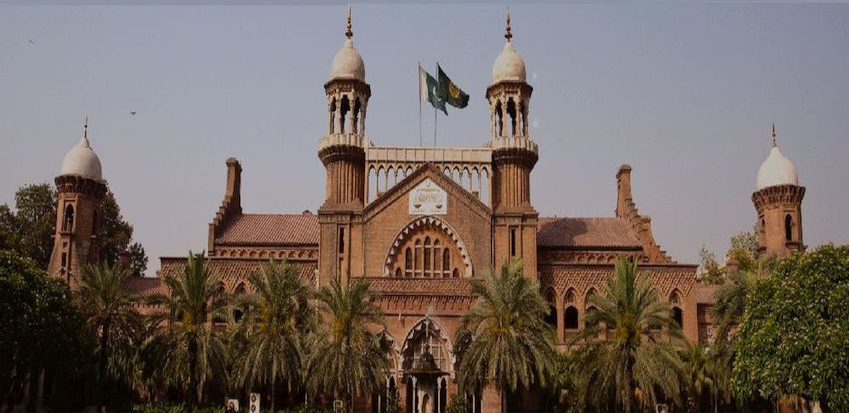The Retrospective Effect in Taxation Law should not be presumed, especially when it affects Vested Rights or Past and Closed Transactions --- Lahore High Court, Lahore
Islamabad 12-10-2024: In a significant decision, the Lahore High Court has ruled in favor of M/s K&N’s Foods (Pvt.) Ltd. and Fauji Foods Limited, setting aside the notices and orders issued by the Federal Board of Revenue (FBR) that revoked the tax exemption certificates previously granted to these companies. The judgment, delivered by Mr. Justice Raheel Kamran, emphasizes the principle of non-retrospective application of tax laws, safeguarding the rights of the petitioners under the existing law prior to the amendments made through the Finance Act, 2024.
The case, titled M/s K&N’s Foods (Pvt.) Ltd. Vs. Federation of Pakistan (W.P. No. 43578 of 2024), along with the connected petition [W.P. No. 49585 of 2024], challenged the legality of the FBR’s revocation of tax exemption certificates issued under Section 153(4) of the Income Tax Ordinance, 2001. The petitioners contended that the amendments introduced through the Finance Act, 2024, which modified the conditions for tax exemptions, could not be applied retrospectively to their exemption certificates, which were issued before the effective date of the amendment.
The Court, in its judgment, held that the amendments to Section 153(4) of the Income Tax Ordinance, 2001, were effective from 01.07.2024 and could not disturb the rights already vested in the petitioners by virtue of the certificates issued on 30.06.2024 and 28.06.2024, respectively. The judgment relied on the legal principle that substantive rights should not be affected by retrospective legislation unless the statute explicitly provides for it.
Mr. Justice Raheel Kamran, citing the case laws Molasses Trading Vs. Federation of Pakistan (1993 SCMR 1905) and Muhammad Hussain and others Vs. Muhammad and others (2000 SCMR 367), reinforced the well-established doctrine that retrospective effect should not be presumed, especially when it affects vested rights or past and closed transactions.
The Court also dismissed the FBR’s argument that the issuance of the exemption certificates in June 2024 was in disregard of the law applicable from July 2024. It noted that the legislative intent behind the Finance Act, 2024, did not indicate any retrospective application of the amendment, and thus, the revocation of the certificates was unlawful.
With this ruling, the Lahore High Court has reinstated the exemption certificates for the petitioners for the period of 01.07.2024 to 31.12.2024 and declared the FBR’s impugned orders as void. This decision is likely to have far-reaching implications for taxpayers and regulatory authorities regarding the application of amended tax laws and protection of vested rights.
This judgment reiterates the importance of adhering to the principle of non-retrospective application in taxation matters and underscores the judicial protection afforded to vested rights in cases of conflicting legislative amendments.
Powered by Froala Editor








